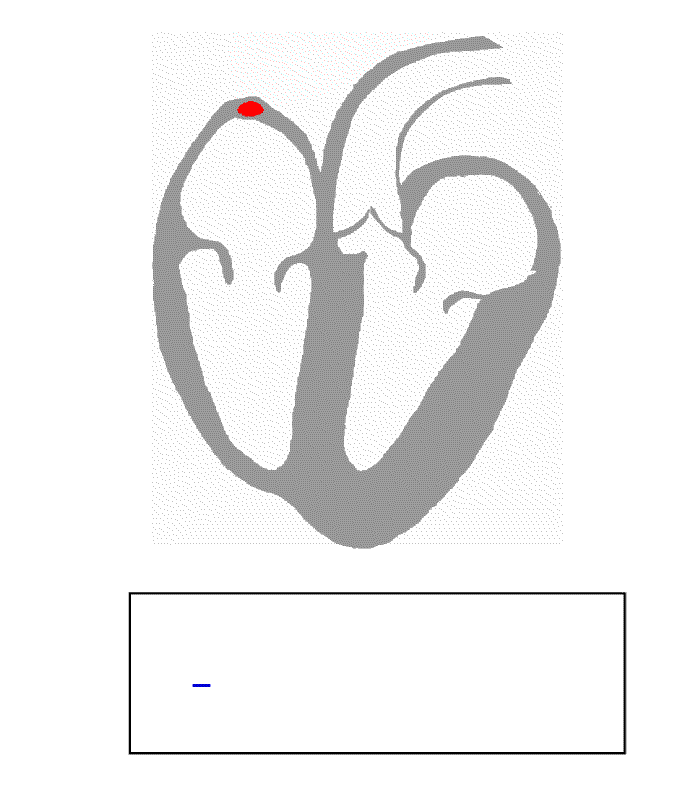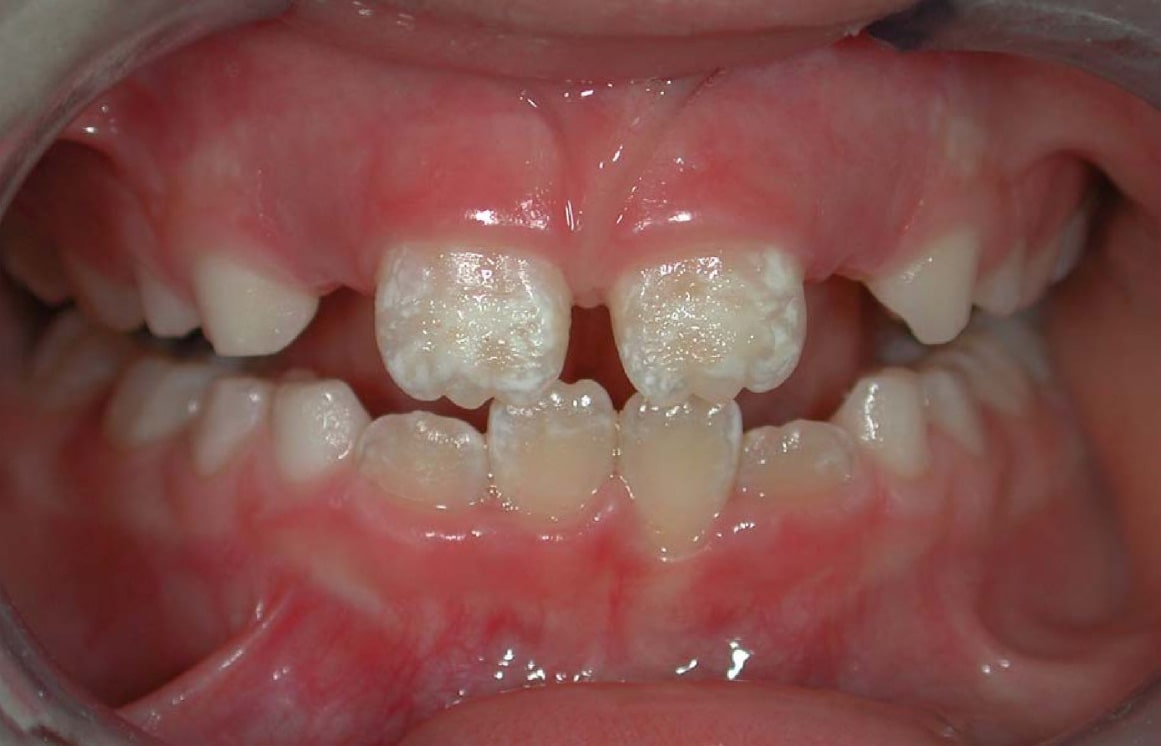|
UCSF Graduate Division
The UCSF Graduate Division is the graduate school of the University of California, San Francisco, and is located in San Francisco. It is recognized as one of the premier biomedical graduate schools in the United States. It offers 19 PhD programs, 11 MS programs, two certificates and a physical therapy program. History In the 1960s, UCSF (then called the Medical Department of the University of California) gained more independence from the UC system. It started to be regarded as a campus in its own right instead of the medical center of the UC system. The four departments (UCSF School of Medicine, Medicine, UCSF School of Pharmacy, Pharmacy, UCSF School of Dentistry, Dentistry, and UCSF School of Nursing, Nursing) were renamed as "school of", and the Graduate Division was founded in 1961. The UC Regents began to decentralize graduate education, which had been previously concentrated at the University of California, Berkeley, Berkeley, and UCSF received a graduate dean and council in ... [...More Info...] [...Related Items...] OR: [Wikipedia] [Google] [Baidu] |
Graduate School
Postgraduate education, graduate education, or graduate school consists of academic or professional degrees, certificates, diplomas, or other qualifications usually pursued by post-secondary students who have earned an undergraduate (bachelor's) degree. The organization and structure of postgraduate education varies in different countries, as well as in different institutions within countries. The term "graduate school" or "grad school" is typically used in North America, while "postgraduate" is more common in the rest of the English-speaking world. Graduate degrees can include master's and doctoral degrees, and other qualifications such as graduate diplomas, certificates and professional degrees. A distinction is typically made between graduate schools (where courses of study vary in the degree to which they provide training for a particular profession) and professional schools, which can include medical school, law school, business school, and other institutions of ... [...More Info...] [...Related Items...] OR: [Wikipedia] [Google] [Baidu] |
Biophysics
Biophysics is an interdisciplinary science that applies approaches and methods traditionally used in physics to study biological phenomena. Biophysics covers all scales of biological organization, from molecular to organismic and populations. Biophysical research shares significant overlap with biochemistry, molecular biology, physical chemistry, physiology, nanotechnology, bioengineering, computational biology, biomechanics, developmental biology and systems biology. The term ''biophysics'' was originally introduced by Karl Pearson in 1892. Roland Glaser. Biophysics: An Introduction'. Springer; 23 April 2012. . The term ''biophysics'' is also regularly used in academia to indicate the study of the physical quantities (e.g. electric current, temperature, stress, entropy) in biological systems. Other biological sciences also perform research on the biophysical properties of living organisms including molecular biology, cell biology, chemical biology, and bioche ... [...More Info...] [...Related Items...] OR: [Wikipedia] [Google] [Baidu] |
Immunology
Immunology is a branch of biology and medicine that covers the study of Immune system, immune systems in all Organism, organisms. Immunology charts, measures, and contextualizes the Physiology, physiological functioning of the immune system in states of both health and diseases; malfunctions of the immune system in immunological disorders (such as Autoimmune disease, autoimmune diseases, Hypersensitivity, hypersensitivities, immune deficiency, and transplant rejection); and the physical, chemical, and physiological characteristics of the components of the immune system ''in vitro'', ''In situ#Biology and biomedical engineering, in situ'', and ''in vivo''. Immunology has applications in numerous disciplines of medicine, particularly in the fields of organ transplantation, oncology, rheumatology, virology, bacteriology, parasitology, psychiatry, and dermatology. The term was coined by Russian biologist Ilya Ilyich Mechnikov, who advanced studies on immunology and received the Nob ... [...More Info...] [...Related Items...] OR: [Wikipedia] [Google] [Baidu] |
Microbiology
Microbiology () is the branches of science, scientific study of microorganisms, those being of unicellular organism, unicellular (single-celled), multicellular organism, multicellular (consisting of complex cells), or non-cellular life, acellular (lacking cells). Microbiology encompasses numerous sub-disciplines including virology, bacteriology, protistology, mycology, immunology, and parasitology. The organisms that constitute the microbial world are characterized as either prokaryotes or eukaryotes; eukaryote, Eukaryotic microorganisms possess membrane-bound organelles and include fungi and protists, whereas prokaryote, prokaryotic organisms are conventionally classified as lacking membrane-bound organelles and include Bacteria and Archaea. Microbiologists traditionally relied on culture, staining, and microscopy for the isolation and identification of microorganisms. However, less than 1% of the microorganisms present in common environments can be cultured in isolation using c ... [...More Info...] [...Related Items...] OR: [Wikipedia] [Google] [Baidu] |
US Public Health Service
The United States Public Health Service (USPHS or PHS) is a collection of agencies of the Department of Health and Human Services which manages public health, containing nine out of the department's twelve operating divisions. The assistant secretary for health oversees the PHS. The Public Health Service Commissioned Corps (PHSCC) is the federal uniformed service of the PHS, and is one of the eight uniformed services of the United States. PHS had its origins in the system of marine hospitals that originated in 1798. In 1871, these were consolidated into the Marine Hospital Service, and shortly afterwards the position of Surgeon General and the PHSCC were established. As the system's scope grew to include quarantine authority and research, it was renamed the Public Health Service in 1912. A series of reorganizations in 1966–1973 began a shift where PHS' divisions were promoted into departmental operating agencies. PHS was established as a thin layer of hierarchy above the ... [...More Info...] [...Related Items...] OR: [Wikipedia] [Google] [Baidu] |
Medical Scientist Training Program
The Medical Scientist Training Programs (MSTPs) are dual-degree training programs that streamline the education towards both clinical (typically MD) and research doctoral degrees. MSTPs are offered by some United States medical schools, who are awarded financial support from the National Institute of General Medical Sciences, a branch of the National Institutes of Health (NIH). The goal of these training programs is to produce physician scientists who can translate laboratory discoveries into effective treatments for patients. The NIH began awarding the MSTP designation in 1964. Albert Einstein College of Medicine, Northwestern University, and New York University were the original three MSTP programs that were established. As of 2024, there were 58 NIH-funded MSTP programs in the US (56 MD-PhD, 4 DVM-PhD), supporting over 1000 students at all stages of the program. History The program has its origins in the non-NIH funded MD-PhD train ...[...More Info...] [...Related Items...] OR: [Wikipedia] [Google] [Baidu] |
Medical Physics
Medical physics deals with the application of the concepts and methods of physics to the prevention, diagnosis and treatment of human diseases with a specific goal of improving human health and well-being. Since 2008, medical physics has been included as a health profession according to International Standard Classification of Occupations, International Standard Classification of Occupation of the International Labour Organization. Although medical physics may sometimes also be referred to as ''biomedical physics'', ''medical biophysics'', ''applied physics in medicine'', ''physics applications in medical science'', ''radiological physics'' or ''hospital radio-physics'', a "medical physicist" is specifically a health professional with specialist education and training in the concepts and techniques of applying physics in medicine and competent to practice independently in one or more of the subfields of medical physics. Traditionally, medical physicists are found in the following ... [...More Info...] [...Related Items...] OR: [Wikipedia] [Google] [Baidu] |
History Of Medicine
The history of medicine is both a study of medicine throughout history as well as a multidisciplinary field of study that seeks to explore and understand medical practices, both past and present, throughout human societies. The history of medicine is the study and documentation of the evolution of medical treatments, practices, and knowledge over time. Medical historians often draw from other humanities fields of study including economics, Outline of health sciences, health sciences, sociology, and Political science, politics to better understand the institutions, practices, people, professions, and social systems that have shaped medicine. When a period which predates or lacks written sources regarding medicine, information is instead drawn from archaeology, archaeological sources. This field tracks the evolution of human societies' approach to health, illness, and injury ranging from prehistory to the modern day, the events that shape these approaches, and their impact on pop ... [...More Info...] [...Related Items...] OR: [Wikipedia] [Google] [Baidu] |
Endocrinology
Endocrinology (from ''endocrine system, endocrine'' + ''wikt:-logy#Suffix, -ology'') is a branch of biology and medicine dealing with the endocrine system, its diseases, and its specific secretions known as hormones. It is also concerned with the integration of developmental events proliferation, growth, and differentiation, and the psychological or behavioral activities of metabolism, human development (biology), growth and development, tissue (biology), tissue function, sleep, digestion, Respiration (physiology), respiration, excretion, mood (psychology), mood, Stress (physiology), stress, lactation, Motor coordination, movement, reproduction, and sensory perception caused by hormones. Specializations include behavioral endocrinology and comparative endocrinology. The endocrine system consists of several glands, all in different parts of the body, that secrete hormones directly into the blood rather than into a Duct (anatomy), duct system. Therefore, endocrine glands are regarde ... [...More Info...] [...Related Items...] OR: [Wikipedia] [Google] [Baidu] |
Dentistry
Dentistry, also known as dental medicine and oral medicine, is the branch of medicine focused on the Human tooth, teeth, gums, and Human mouth, mouth. It consists of the study, diagnosis, prevention, management, and treatment of diseases, disorders, and conditions of the mouth, most commonly focused on dentition (the development and arrangement of teeth) as well as the oral mucosa. Dentistry may also encompass other aspects of the craniofacial complex including the temporomandibular joint. The practitioner is called a dentist. The history of dentistry is almost as ancient as the history of humanity and civilization, with the earliest evidence dating from 7000 BC to 5500 BC. Dentistry is thought to have been the first specialization in medicine which has gone on to develop its own accredited degree with its own specializations. Dentistry is often also understood to subsume the now largely defunct medical specialty of stomatology (the study of the mouth and its disorders and dis ... [...More Info...] [...Related Items...] OR: [Wikipedia] [Google] [Baidu] |
Dental Surgery
Dentistry, also known as dental medicine and oral medicine, is the branch of medicine focused on the teeth, gums, and mouth. It consists of the study, diagnosis, prevention, management, and treatment of diseases, disorders, and conditions of the mouth, most commonly focused on dentition (the development and arrangement of teeth) as well as the oral mucosa. Dentistry may also encompass other aspects of the craniofacial complex including the temporomandibular joint. The practitioner is called a dentist. The history of dentistry is almost as ancient as the history of humanity and civilization, with the earliest evidence dating from 7000 BC to 5500 BC. Dentistry is thought to have been the first specialization in medicine which has gone on to develop its own accredited degree with its own specializations. Dentistry is often also understood to subsume the now largely defunct medical specialty of stomatology (the study of the mouth and its disorders and diseases) for which reaso ... [...More Info...] [...Related Items...] OR: [Wikipedia] [Google] [Baidu] |
Biochemistry
Biochemistry, or biological chemistry, is the study of chemical processes within and relating to living organisms. A sub-discipline of both chemistry and biology, biochemistry may be divided into three fields: structural biology, enzymology, and metabolism. Over the last decades of the 20th century, biochemistry has become successful at explaining living processes through these three disciplines. Almost all List of life sciences, areas of the life sciences are being uncovered and developed through biochemical methodology and research.#Voet, Voet (2005), p. 3. Biochemistry focuses on understanding the chemical basis that allows biomolecule, biological molecules to give rise to the processes that occur within living Cell (biology), cells and between cells,#Karp, Karp (2009), p. 2. in turn relating greatly to the understanding of tissue (biology), tissues and organ (anatomy), organs as well as organism structure and function.#Miller, Miller (2012). p. 62. Biochemistry is closely ... [...More Info...] [...Related Items...] OR: [Wikipedia] [Google] [Baidu] |





